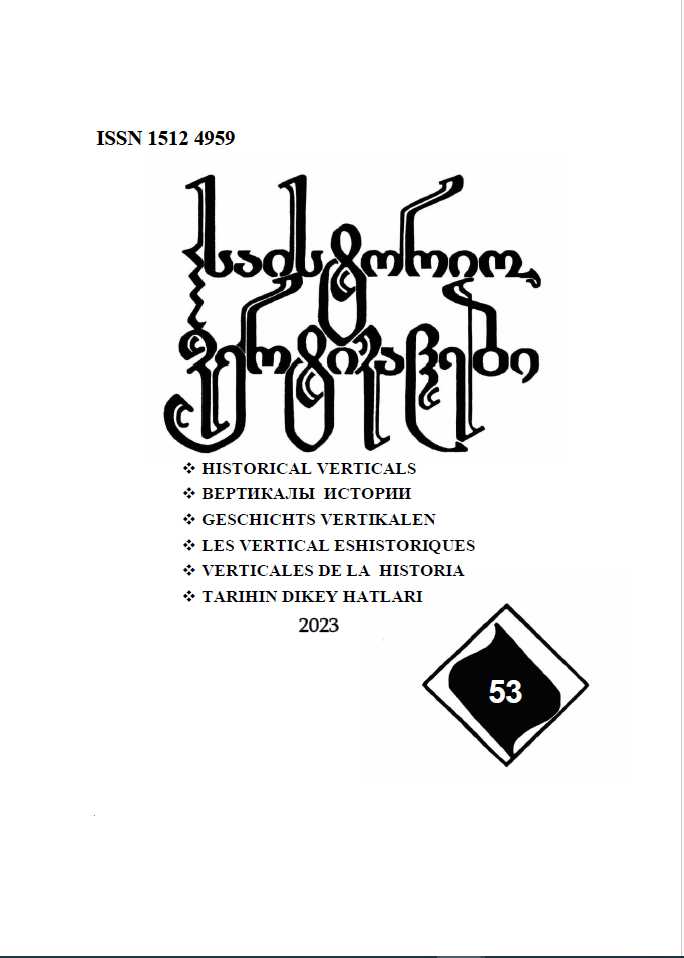FROM „BREZHNEV DOCTRINE“ TO „SINATRA DOCTRINE“
Main Article Content
Abstract
The general secretary of the CPSU, Mikhail Gorbachev, was very worried about his ambitions. He wanted to go down in history as not only transforming the Soviet Union, but changing world politics. That's why he, together with his colleagues (A. Yakovlevi, E. Shevardnadze...) introduced the so-called the idea of "building a common European house").
"I did it my way" (I did it my way") was sung by the American singer Frank Sinatra. The lyrical hero of this song summed up what he saw as the imminent end of his life - his main achievement was that he did what he needed to do. The irony of this tune The fact is that due to the appropriate lyrics, this song by an American artist is often played at funerals, so it has become a kind of "soundtrack" for others. This was exactly what the USSR offered to its allies when Moscow's new foreign policy was officially adopted in 1989. This time, the adoption of the geopolitical "Sinatra doctrine" was a fatal step for one of the most powerful Warsaw Pact military blocs in history.
In 1990, the victorious West quite rightly, with its stupidity, awarded the Nobel Peace Prize to Gorbachev, who was doing their work without a trace, for his contribution to easing international tensions. At the same time, "new thinking" had a negative side. Only one winner emerged from the Cold War - the West, led by the United States. Its other participants - the USSR and the "Eastern Bloc" - were not only defeated, but also ceased to exist. This led to the disruption of the bipolar system of international relations, on which world stability was based for many years.
